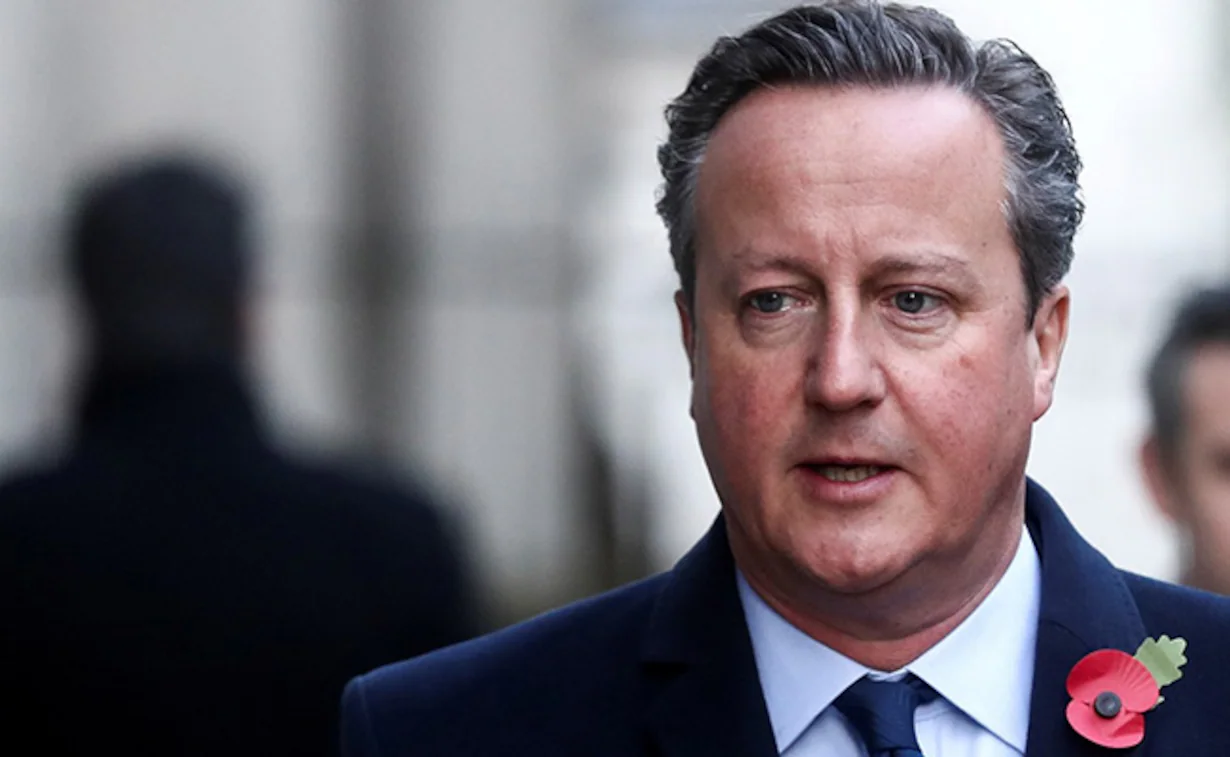The government of the United Kingdom has lashed out at Russian security services accusing them of engaging in a sustained cyber espionage campaign against top politicians, journalists and NGOs.
Russia has previously been suspected of influencing in UK politics, particularly during the contentious Brexit referendum in 2016, but the Conservative government has come under fire for not looking into the claims.
The foreign ministry made the most recent accusations, claiming that “unsuccessful attempts to interfere in UK political processes” were being carried out by Russia’s Federal Security Service (FSB) and that it had called Russia’s ambassador to London to discuss the matter.
‘Russia’s attempts to interfere in UK politics are completely unacceptable and seek to threaten our democratic processes,’ UK foreign minister David Cameron said in a statement.
‘In sanctioning those responsible and summoning the Russian ambassador today, we are exposing their malign attempts at influence and shining a light on yet another example of how Russia chooses to operate on the global stage,” he said.
Cameron’s office said Centre 18, a unit within the FSB, was accountable for “a range of cyber espionage operations” targeting the UK.
Read Also: Russian Officials Storm Niger Rep To Improve Military Ties
The UK government claimed the FSB targeted parliamentarians from several political parties, with some attacks resulting in documents being leaked in an operation from at least 2015 through to 2023.
The organisation had also hacked UK-US trade documents that were leaked ahead of the UK general election in December 2019, it added.
The foreign office said two Russian operatives had been sanctioned for their involvement in the preparation of so-called spear-phishing campaigns and “activity intended to undermine the UK”.
Spear-phishing involves an attacker sending malicious links to specific targets “in order to try to induce them to share sensitive information”.
The attacker often undertakes “reconnaissance activity around their target” in order to tailor their attacks more effectively, according to the UK’s National Cyber Security Centre.
They typically approach targets via email, social media and professional networking platforms, impersonating real-world contacts of their targets, sending false invitations to conferences and events, and sharing malicious links disguised as Zoom meeting URL links.
In January UK cyber-security chiefs warned that Russia and Iran were increasingly targeting government officials, journalists and NGOs with spear-fishing attacks in order to “compromise sensitive systems”.
The NCSC, part of the UK’s signals intelligence agency GCHQ, urged greater vigilance about techniques and tactics used as well as mitigation advice.
It said the Russia-based group SEABORGIUM and the Iran-based TA453 had targeted a range of organisations and individuals in the UK and abroad throughout 2022.
Last year, a British newspaper reported that suspected Kremlin agents hacked ex-prime minister Liz Truss’s cellphone when she was foreign minister.

